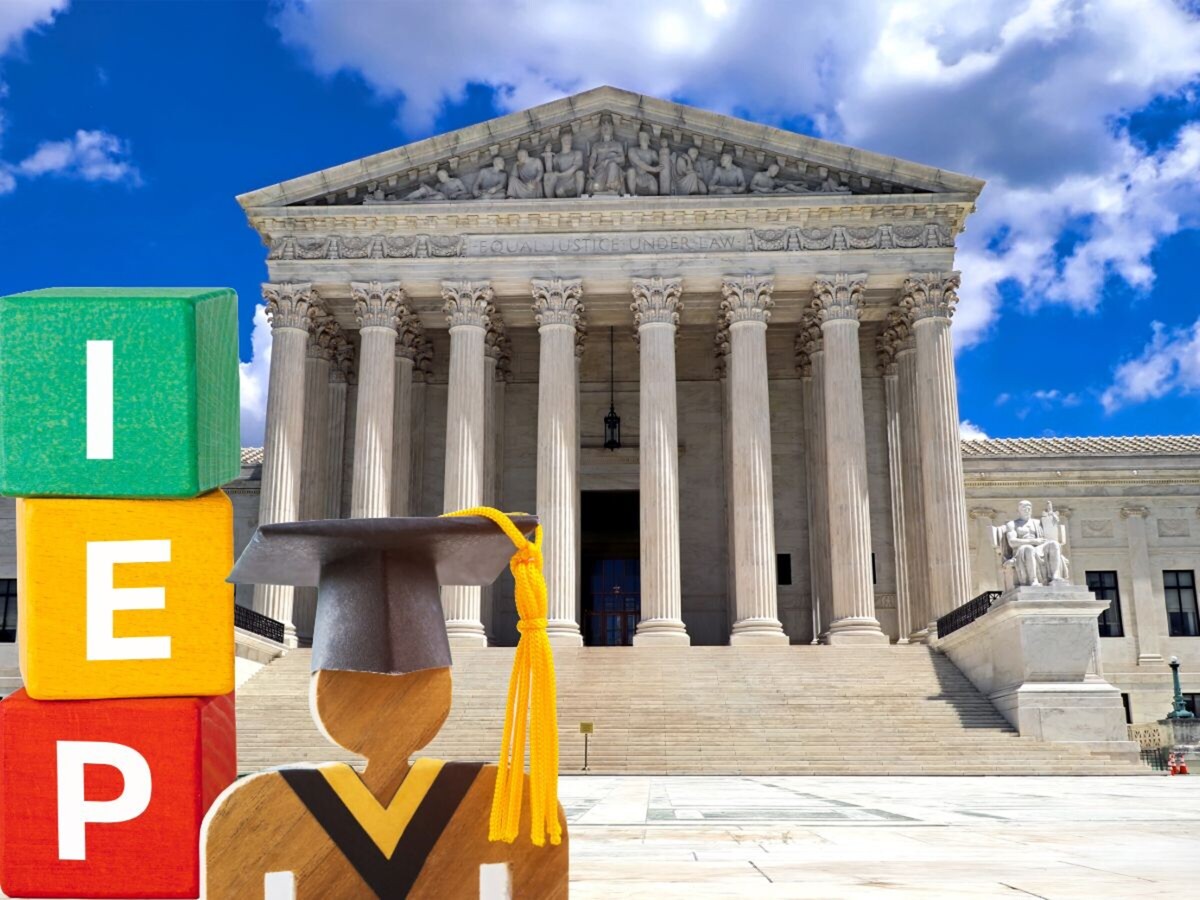Court Denies Parents' Right to Record IEP Meeting in Landmark First Amendment Case
Appeals Court Decision Challenges Public Recording Rights in Private Settings
In a significant legal decision emanating from Massachusetts, the United States Court of Appeals for the First Circuit has ruled against Scott and Roxanne Pitta, parents who sought to record a Google Meet IEP (Individualized Education Plan) meeting for their child with the Bridgewater-Raynham Regional School District. The court's January 4, 2024, decision marks a pivotal moment in the ongoing debate over First Amendment rights in settings that are not unequivocally public.
The dispute began in 2022 when the Pittas, citing previous instances where they believed school officials had omitted critical details from meeting minutes, attempted to record a virtual meeting to ensure an accurate account of the proceedings. However, the school district halted the meeting, invoking its policy against video recording. This prompted the Pittas to file a lawsuit asserting that the prohibition violated their First Amendment rights to record government officials.
The case, formally known as Pitta v. Medeiros, has drawn considerable attention, including from the Liberty Justice Center, which filed an amicus brief urging the U.S. Supreme Court to consider the case. The appeals court, however, upheld the district court's dismissal, stating that an IEP meeting does not take place in a public space and involves sensitive discussions about a student’s educational needs, thereby not fitting the criteria for public recording rights established in previous First Amendment cases.
The court further noted that the school personnel involved are not considered "public officials" under the contexts previously ruled upon and that the meeting's content was not intended for public dissemination. As such, recording such a meeting, according to the court, does not serve a public interest. Despite this, the Liberty Justice Center argues that the act of recording a public official performing their duties is a form of expressive activity deserving of protection under the First Amendment, regardless of the location, advocating for transparency and parents' rights in educational settings.
This decision underscores the nuanced nature of First Amendment protections and sets a precedent that could influence how similar cases are approached in the future. As the Pittas petition the U.S. Supreme Court to hear their case, the outcome could have lasting implications on the balance between privacy and transparency in educational and other quasi-public settings.














